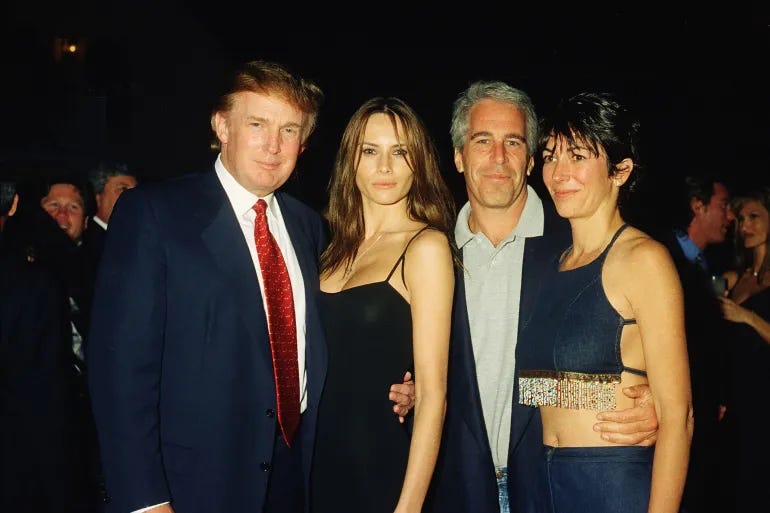If Trump Isn’t a Pedophile, Why Is He Hiding the Epstein Files?
We don’t know what’s in the Epstein files — but Trump is trying very hard to make sure you never find out. Pope Leo reminds us evil won’t prevail.

Dear friends,
Though we’ve only been around for a month, due to you and your generosity, we’re now one of the fastest-growing Substacks in America.
Letters from Leo is 100% sustained by your generosity. If you find val…


